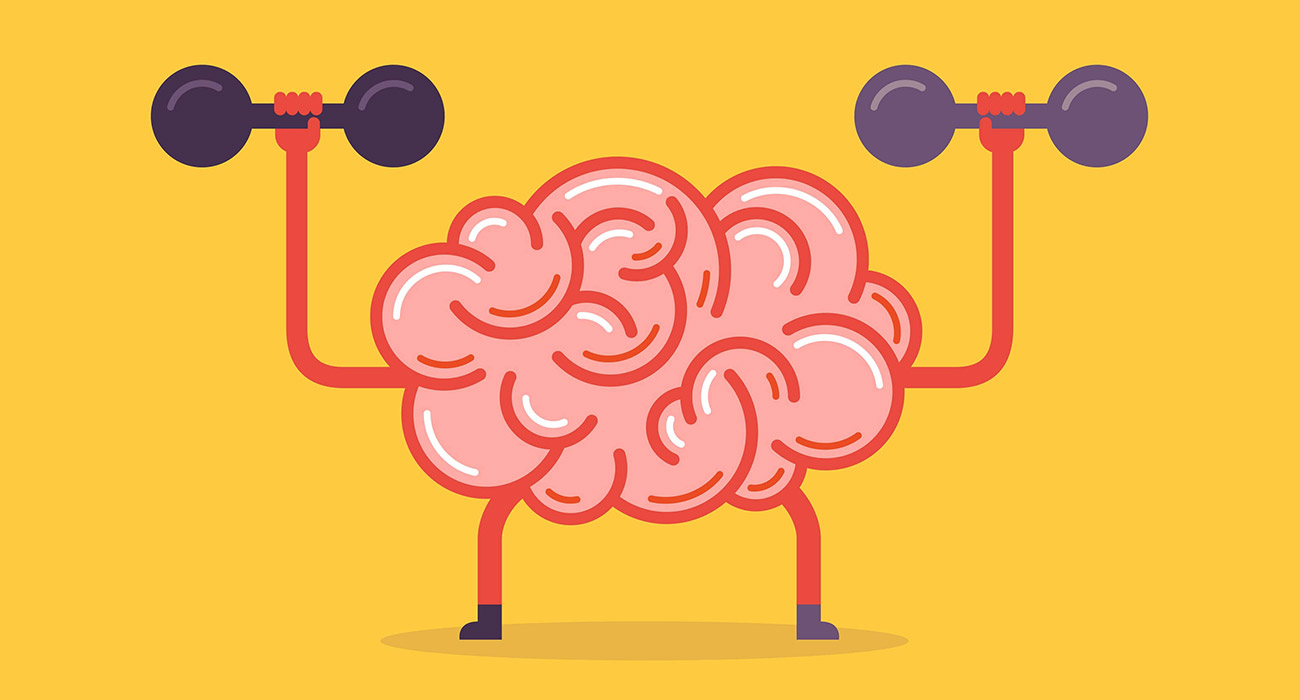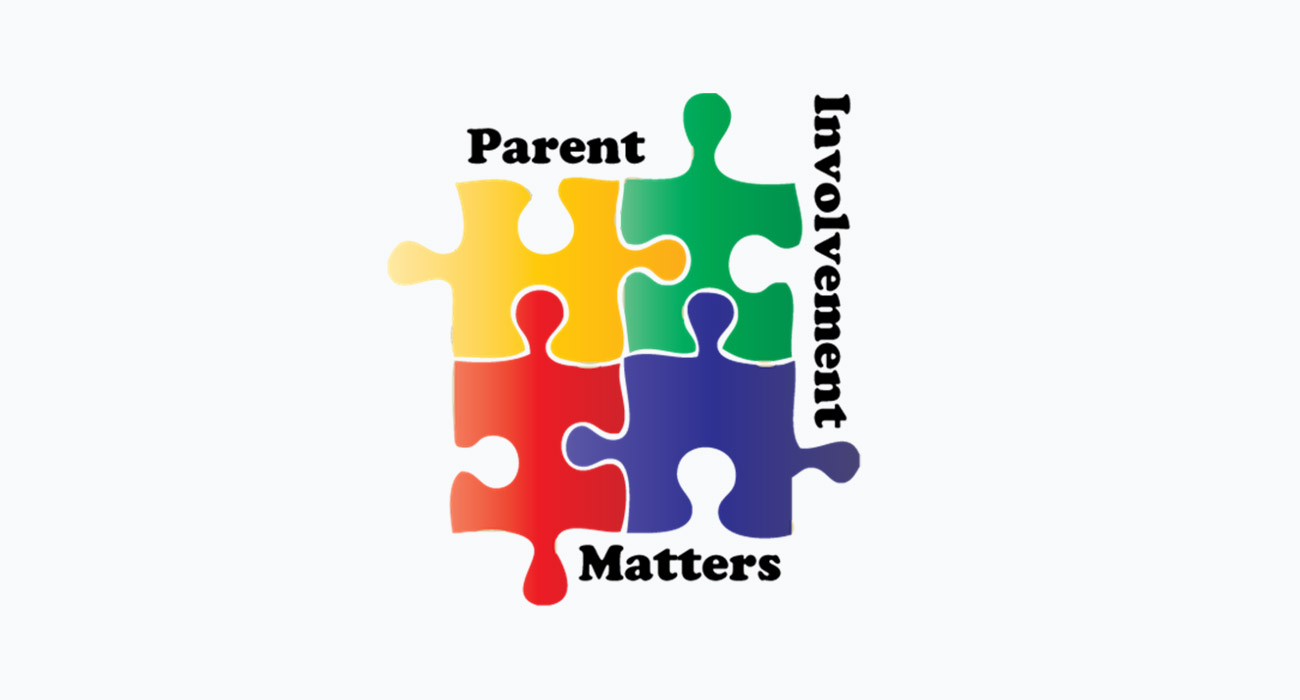
Looking after your child's mental health

Children can be deeply affected by both the positive and negative effects of mental health. As parents, we must educate ourselves to understand the factors that influence our children’s mental health. Below we look at some steps you can take to start looking out for your child’s mental health.
Reduce risk factors.
There are a number of risk factors that can have a negative impact on your child’s mental health. Events such as family conflict, and physical and mental trauma can all have a damaging effect.
While some of these events are out of your control as a parent, it is possible to minimize their impact. When something upsetting happens, talk with your child about what he or she is feeling. Check in with them after some time has passed as well because it may take a while for your child to express their emotions.
Create an open environment.
Sometimes, a child doesn’t feel comfortable talking about their feelings. However, this can lead to internalizing their emotions and subsequent mental health problems.
Teach your children to understand, express and manage their feelings by mirroring this behavior for them. Don’t be afraid to share with them that there are things that make mom and dad feel sad or angry sometimes. This openness will help them understand they are not alone, and give them the tools to cope with adversity.
Understand the warning signs.
Children are learning how to manage a wide range of emotions, yet their ability to cope with difficulties is underdeveloped. If they are struggling with their mental health, there are common signs that parents can look for:
Changes in behavior:
Overreacting, outbursts of anger, sudden or increased immaturity, becoming more emotional than usual, and becoming more withdrawn or lacking their usual level of energy.
Changes in thinking:
Increased negativity (about themselves or about school/friends), an unexplained change in school performance, or a lack of motivation to do activities they normally enjoy.
Physical changes:
A lack of energy or an unusual amount of energy, problems sleeping, newly formed nervous habits (e.g. nail biting, teeth grinding, fidgeting), unexplained physical pain (e.g. headaches, aching, neck/joint pain, sore stomach), and overeating or refusing to eat.
Keep in mind that these aren’t sure signs that your child is suffering with a mental health issue. But they are indicators that something isn’t quite right, so sit down with them and get to the root cause behind this behavior. And don’t be afraid to reach out to a qualified mental health professional who can work with you and your child.











